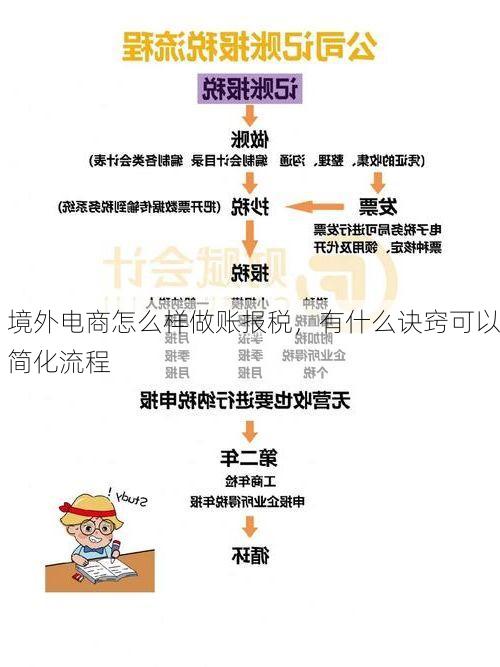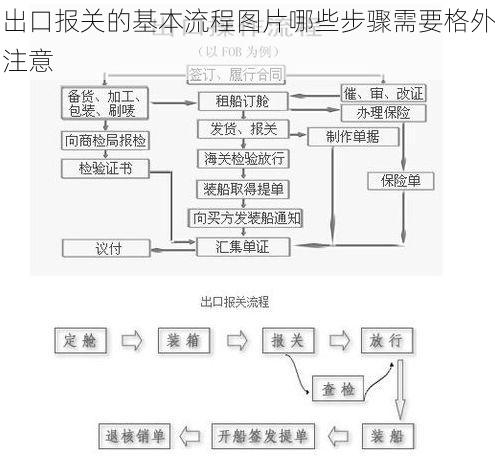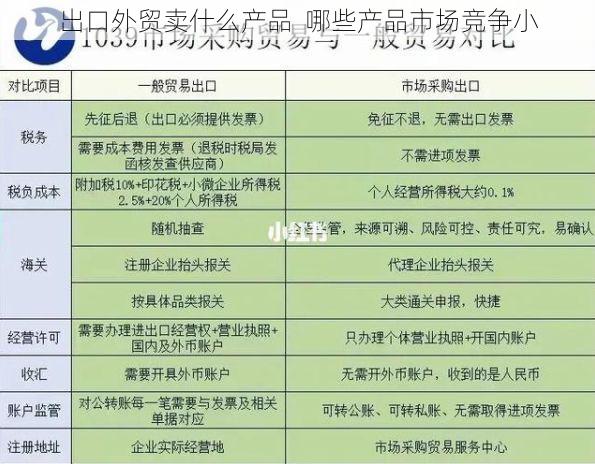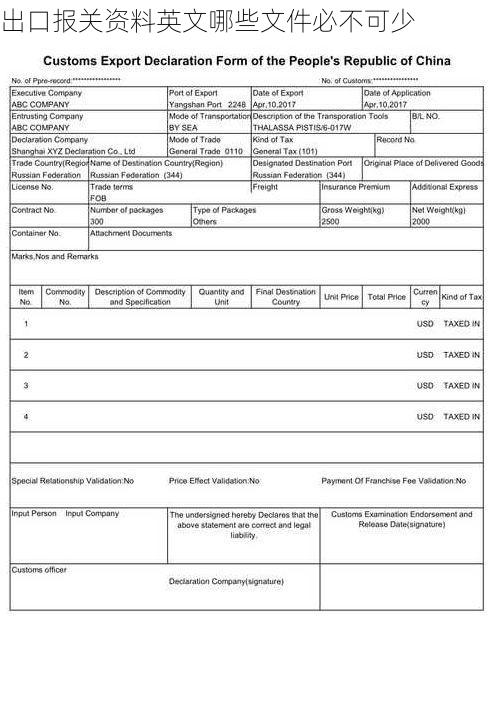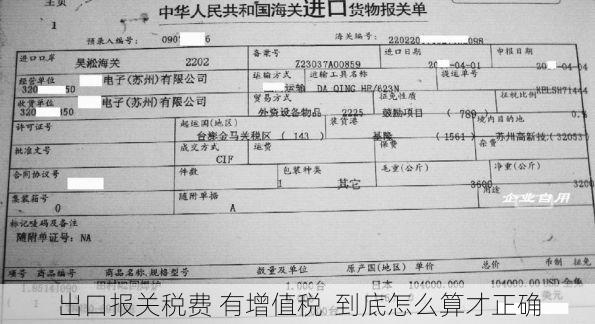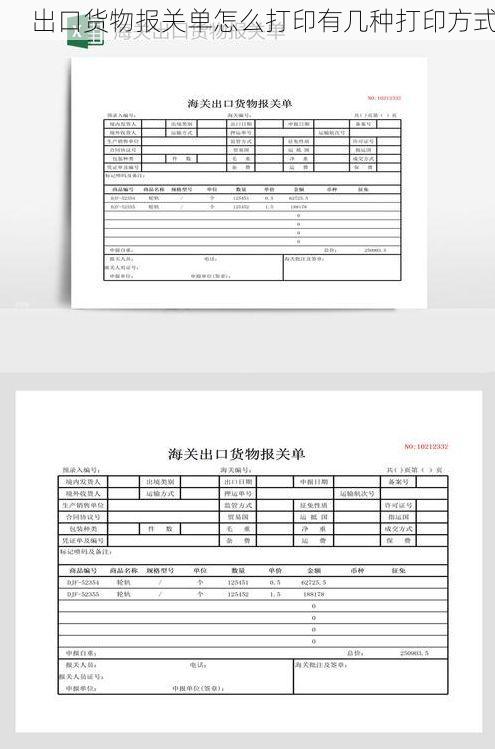在日常交流中,我们经常会用到“很可能”这个词语。无论是表达预测、推测,还是表达一种可能性,它都扮演着重要的角色。那么,你是否知道“很可能”的英文表达方式呢?
很多人会直接想到 "maybe",但它并非所有情况下都能准确地表达“很可能”。"maybe" 更多地表示一种不确定的可能性,而“很可能”则强调可能性较大。

为了更加准确地表达“很可能”,我们还需要掌握其他一些常用的英文表达方式。
常用的“很可能”英文表达
1. May well: 这是一种比较正式的表达方式,常用于书面语中,表示“很可能,很可能”。例如:
It may well rain tomorrow. (明天很可能下雨。)
2. Be likely to: 这是最为常见的表达方式,表示“很可能,有可能”。例如:
She is likely to be late. (她很可能迟到。)
3. In all probability: 这一表达方式强调可能性非常大,接近于确定无。例如:
In all probability, he will succeed. (他很有可能成功。)
4. No doubt: 这句话表示“毫无问”,语气更加肯定,意味着可能性几乎接近100%。例如:

No doubt, he will be there. (他毫无问会在那里。)
5. Ten to one: 这是一个俚语,表示“十之八九”,强调可能性非常大。例如:
Ten to one, she will agree. (她十之八九会同意。)
除了以上常用的表达方式,我们还可以根据语境使用其他一些表达,例如:
As like as not: 表示“很可能,可能”。
As likely as not: 表示“很有可能”。
Be more than likely to: 表示“很有可能”。
Be most likely to: 表示“最有可能”。
The chances are that : 表示“有可能”。

“很可能”英文表达的用法区别
为了更准确地使用“很可能”的英文表达,我们需要了解它们之间的细微区别:
| 表达方式 | 含义 | 语气 | 适用场合 |
|---|---|---|---|
| May well | 很可能 | 比较正式 | 书面语 |
| Be likely to | 很可能 | 比较常用 | 口语和书面语 |
| In all probability | 很可能 | 比较肯定 | 书面语 |
| No doubt | 毫无疑问 | 非常肯定 | 书面语 |
| Ten to one | 十之八九 | 非常肯定 | 口语 |
例句练习
为了帮助你更好地理解“很可能”的英文表达方式,以下是一些例句练习:
1. He ______ be late. (他很可能迟到。)
He may well be late.
He is likely to be late.
2. It ______ rain tomorrow. (明天很可能下雨。)
It may well rain tomorrow.
It is likely to rain tomorrow.
The chances are that it will rain tomorrow.
3. She ______ win the competition. (她很有可能赢得比赛。)
She is likely to win the competition.
She is more than likely to win the competition.
4. He ______ finish the project on time. (他毫无问能按时完成项目。)
No doubt, he will finish the project on time.
总结
“很可能”的英文表达方式有很多,我们要根据不同的语境选择合适的表达。除了上面提到的常用表达方式外,还可以根据个人风格和语境选择其他更合适的表达方式。
希望这篇文章能够帮助你更好地理解和运用“很可能”的英文表达。
你是否还有其他关于“很可能”英文表达方式的问?或者你有哪些其他表达“很可能”的常用方式呢?欢迎分享你的观点和见解!














